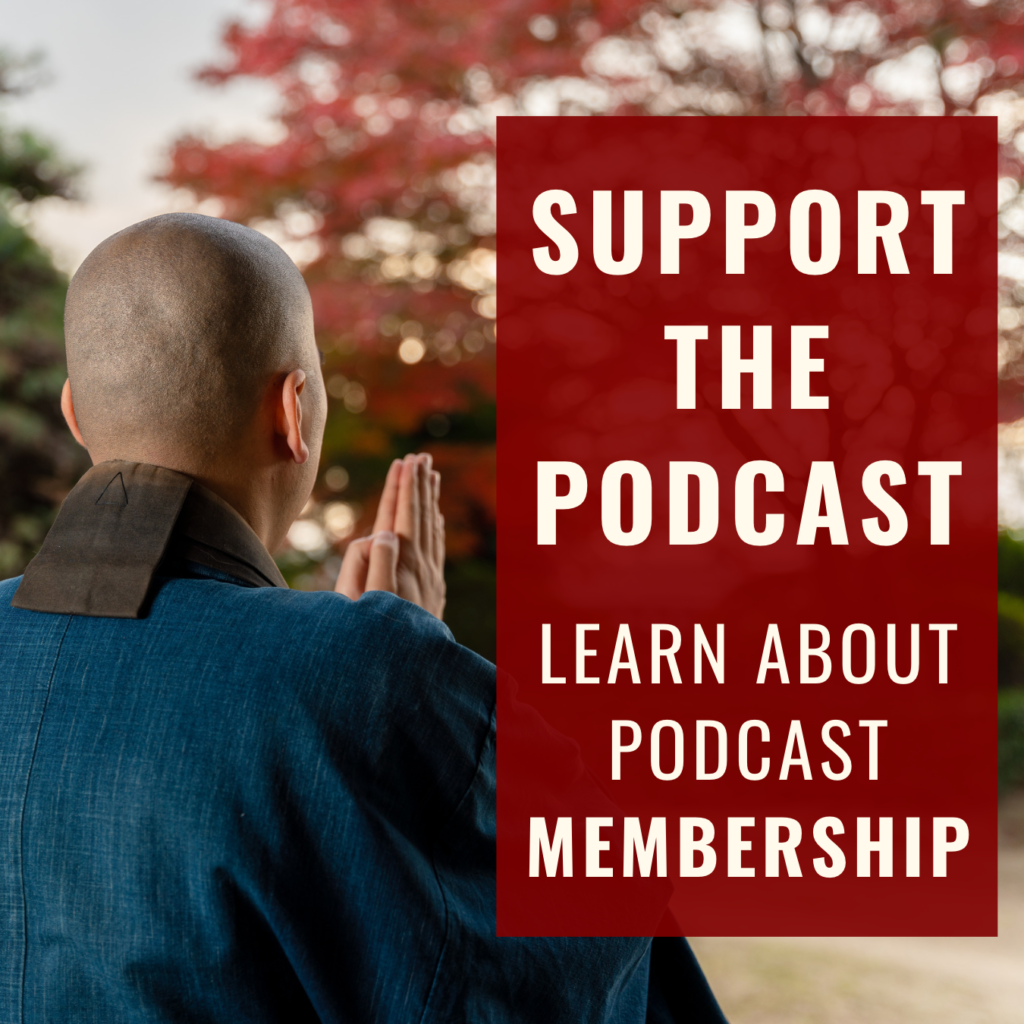A teaching of the Buddha about four categories of things to be mindful of (keep in mind, focus on) in order to progress on the spiritual path to liberation: the body, feelings (pleasant, unpleasant, neutral), mind (states), and mental qualities (in particular those referred to in the Buddha’s teachings as being either beneficial or problematic in practice). A classic source on the Four Foundations of Mindfulness (also know as the four “establishings” of mindfulness) is the Satipatthana Sutta.
Related Articles:
- 290 – Ten Fields of Zen, Field 8 – Realization: Direct Experience of Reality-with-a-Capital-RThe eighth Field of Zen Practice is Realization, gaining a direct, personal experience of the truth. Realization helps you respond appropriately, allowing you to live by choice instead of by karma. Even more importantly, it gives you a larger perspective that can result in equanimity, even joy. There are different levels of truth, and the Dharma – Reality-with-a-Capital-R – is the biggest truth of all. Fortunately, it is a wonderful and liberating truth to wake up to. However, it’s important to understand that there is no “Realization” you can attain that means you know everything. The truth is infinite and there is always more to awaken to and embody.
- 321 – How Buddhist is Zen? The Buddha’s Teachings Compared to Radical NondualismViewed historically, Zen is a form of Mahayana Buddhism that evolved from the original forms Buddhism that were established in India after the Buddha’s death around 2,500 BC. Many aspects of original Buddhism are retained in Zen, including respect for Shakyamuni Buddha and his teachings. However, the degree of transformation Buddhism underwent when it took root in China and evolved into Chan (later called “Zen” in Japan) is difficult to overestimate, resulting in a path of radical nondualism. Both the ultimate goal of practice and the means to achieve that goal changed so radically that it’s legitimate to question whether Chan is even Buddhism. If you want to walk the path of Zen/Chan, it’s essential to understand how it differs from original Buddhism.
- 238 – Eco-Anxiety and Buddhism – Part 2It's natural to feel some eco-anxiety as the earth’s natural life-support systems break down. Buddhism clearly admonishes us to refrain from killing, to actively care for all life, and see ourselves as being in the “same boat” with all beings. In what ways can our practice help us stay strong, and how can it help us respond to our climate and ecological crisis in a way that’s consistent with our Buddhist values?
- 215 – We Will Die Soon: Contemplating Impermanence to Motivate PracticeFrom the time of the Buddha, Buddhists have spent time contemplating impermanence - often by deliberately meditating on their own mortality and eventual death. This practice isn't for everyone, but it can help motivate us stay motivated to practice, focus on our deepest aspirations, take responsibility for our karma, maintain equanimity, and remember the preciousness of this moment. It can also lead to profound insights about the nature of the self.
- 183 – Natural Koans: Engaging Our Limitations as Dharma GatesFormal Zen koans are short stories or statements by past Chan/Zen masters which have been passed down through the generations for study and contemplation by Zen students. Each koan contains a Dharma teaching, and until you personally experience and digest that teaching, the koan remains a closed gate you need to pass through. On the other side of that gate is greater freedom, wisdom, and compassion. In this episode, I discuss “natural koans,” or Dharma gates that arise in our everyday lives, and how to work with them.







